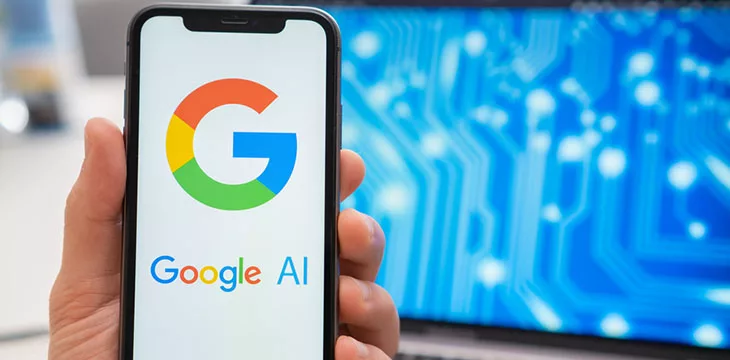|
Getting your Trinity Audio player ready...
|
Google (NASDAQ: GOOGL) has hinted that it will be resorting to data scraping to train its artificial intelligence (AI) models following a recent update to its privacy policy.
In its July 1 update, Google noted that its generative AI platform Bard and Cloud AI will rely on publicly available data to train its model. In its previous update, Google restricted training to only “language models,” but the latest interaction expands their usage to all AI projects built by the company.
“We may collect information that’s publicly available online or from other public sources to help train Google’s AI models and build products and features like Google Translate, Bard, and Cloud AI capabilities,” the update read.
The new data scraping scheme is not limited to private individuals but also business enterprises, with Google noting that it “may index and display it on Google services” if their information appears on websites.
Google’s update may be an attempt to comply with the disclosure requirements of European data regulators after getting off on the wrong foot. In June, Google’s plan to launch Bard in the European Union (EU) hit a hurdle after the Irish Data Protection Commission (DPC) claimed the tech firm did not comply with its request for information.
“[The DPC has] since sought this information as a matter of urgency and has raised a number of additional data protection questions with Google to which it awaits a response and Bard will not now launch this week,” DPC Deputy Commissioner Graham Doyle said.
Google’s latest update comes on the heels of a class action lawsuit against OpenAI for scraping data information belonging to millions of private individuals. According to the filing, OpenAI allegedly scrapped social media comments and blogs for data used in training ChatGPT in breach of copyright laws and privacy rights.
Meanwhile, analysts have claimed that Twitter’s restriction on the number of tweets individuals can access has links to increased AI-related data scraping. Elon Musk noted that the policies were designed to make it harder for data scrapers to access Twitter’s data.
Incoming AI regulations force developers to explore options
AI developers are preparing themselves for the launch of new regulations to guide innovation in the space. While authorities are pushing for safe AI usage of consumers, there are fears that the incoming rules may stifle innovations and drive firms to friendly jurisdictions.
In the EU, consumer groups are calling on governments to implement swift rules to regulate AI before the application of the EU AI Act scheduled for 2025.
The groups warn that if left unchecked, AI could wreak havoc on industries such as digital currencies, healthcare, security, finance, music, and art.
Watch AI Summit PH 2023: Philippines is ripe to start using artificial intelligence

 03-01-2026
03-01-2026 




